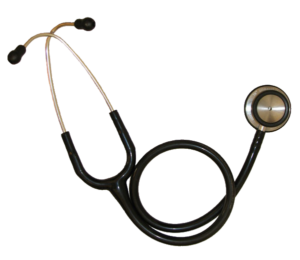 Are you aware that other countries do not recommend all the tests and screenings that medical specialty organizations in the U.S. recommend? Medical panels in different parts of the world may issue guidelines that vary from U.S. medical specialty guidelines, and sometimes even conflict with them. This is happening even though all groups in various countries are looking at the same medical evidence on which to base recommendations.
Are you aware that other countries do not recommend all the tests and screenings that medical specialty organizations in the U.S. recommend? Medical panels in different parts of the world may issue guidelines that vary from U.S. medical specialty guidelines, and sometimes even conflict with them. This is happening even though all groups in various countries are looking at the same medical evidence on which to base recommendations.
This is because in the United States (unlike European countries and Canada) there is a fee for service medical system - the more tests, screenings, and procedures, the more a doctor is paid. Conflict of interest? Bias? Of course. Does it make for better care for patients? Based on the evidence - no.
Interestingly, independent medical groups in the U.S. (such as the U.S. Preventive Services Task Force) that don't have financial interests in the medical services at stake recommend guidelines that are more in line with Canadian and European country guidelines. The U.S. Preventive Services Task Force is an "independent, volunteer panel of national experts in disease prevention and evidence-based medicine".
As many have pointed out, the approach recommended by medical specialty groups of more and more tests and screening leads to overdiagnosis, overtreatment, and increasing health care costs. There also is specialty bias - which means whatever the physician is trained in, they are biased toward recommending those treatments and procedures. [Similarly, Dr. John Mandrola has written about the issue of employers evaluating physicians on the number of tests and procedures done (with the more, the better the evaluation), and on the harms that can result from screening, tests, and procedures.]
Dr. Ismail Jatoi (Univ. of Texas Health) and Dr. Sunita Sah (at Cornell) have written a thought provoking article in the Canadian Medical Association Journal about these issues with a call to reduce these conflicts when medical organizations give medical guidelines. The panels should be multidisciplinary in composition, independent of specialty societies, and avoid fee-for-service conflicts of interest.
From Science Daily: Medical guidelines may be biased, overly aggressive in US ...continue reading "Why Do Medical Guidelines Vary So Much?"
